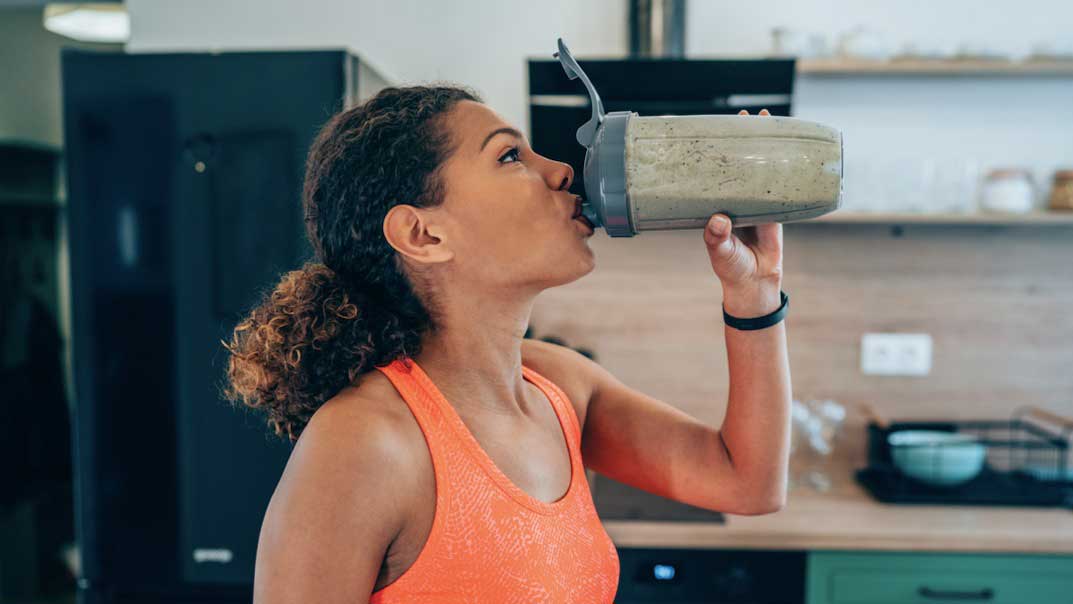Maintaining optimal health and well-being is a universal goal, but it can be uniquely shaped by individual experiences. For the LGBTQ+ community, focusing on nutrition and fitness is not only about physical health—it’s also about empowerment, resilience, and self-care. In this article, we’ll explore nutrition and fitness tips that are specifically tailored to LGBTQ+ health, aiming to promote overall wellness and a sense of belonging.
Prioritize Balanced Nutrition
Balanced nutrition is the foundation of good health. Incorporate a variety of fruits, vegetables, whole grains, lean proteins, and healthy fats into your diet. Aim for meals that provide essential nutrients, vitamins, and minerals to support your body’s functions.
Address Specific Nutrient Needs
LGBTQ+ individuals might have specific nutrient needs due to hormone therapy or other factors. Consult a registered dietitian or healthcare professional to create a nutrition plan that meets your unique requirements. For transgender individuals, this might involve optimizing calcium and vitamin D intake for bone health.
Stay Hydrated
Hydration is essential for everyone, regardless of identity. Drink plenty of water throughout the day to maintain proper bodily functions, support digestion, and promote overall well-being.

Mindful Eating
Practising mindful eating can help you connect with your body’s hunger and fullness cues. Pay attention to your body’s signals and eat when you’re hungry, stopping when you’re satisfied. This approach can contribute to a healthier relationship with food.
Embrace Inclusive Fitness
Fitness should be inclusive and enjoyable. Engage in physical activities that you genuinely enjoy, whether it’s dancing, swimming, hiking, or yoga. Inclusivity in fitness spaces is essential for creating an environment where everyone feels comfortable and encouraged to participate.
Set Realistic Goals
Set fitness goals that are achievable and align with your personal preferences. Avoid comparing yourself to others; focus on your progress and well-being. Celebrate even the smallest victories along your fitness journey.

Consider Hormone Therapy Impact
Hormone therapy can impact energy levels and muscle mass. Listen to your body and adjust your fitness routine accordingly. Consult with healthcare professionals to ensure your exercise plan is safe and effective.
Incorporate Strength Training
Strength training is beneficial for everyone, promoting muscle health, bone density, and overall fitness. Incorporate resistance exercises to maintain muscle mass and support bone health, especially if you’re on hormone therapy.
Practice Self-Care
Fitness isn’t just about physical activity—it’s also about self-care. Incorporate relaxation techniques, such as meditation and deep breathing, into your routine. Managing stress contributes to your overall well-being.
Build a Supportive Community
Create or join a fitness community that values diversity and inclusivity. Being part of a supportive group can offer motivation, accountability, and a sense of belonging.
Consult Professionals
Before making significant changes to your nutrition or fitness routine, consult registered dietitians and fitness professionals who are knowledgeable about LGBTQ+ health considerations. They can provide personalized guidance and help you achieve your goals safely.
Prioritizing nutrition and fitness is a powerful way to promote LGBTQ+ health and well-being. By embracing balanced nutrition, staying hydrated, engaging in inclusive fitness, and practising self-care, you’re taking steps toward a healthier and more empowered life. Remember that your health journey is unique, and seeking guidance from healthcare professionals can ensure that your nutrition and fitness choices align with your individual needs. Ultimately, by nourishing your body and embracing an active lifestyle, you’re not only caring for yourself but also contributing to a stronger and more resilient LGBTQ+ community.
